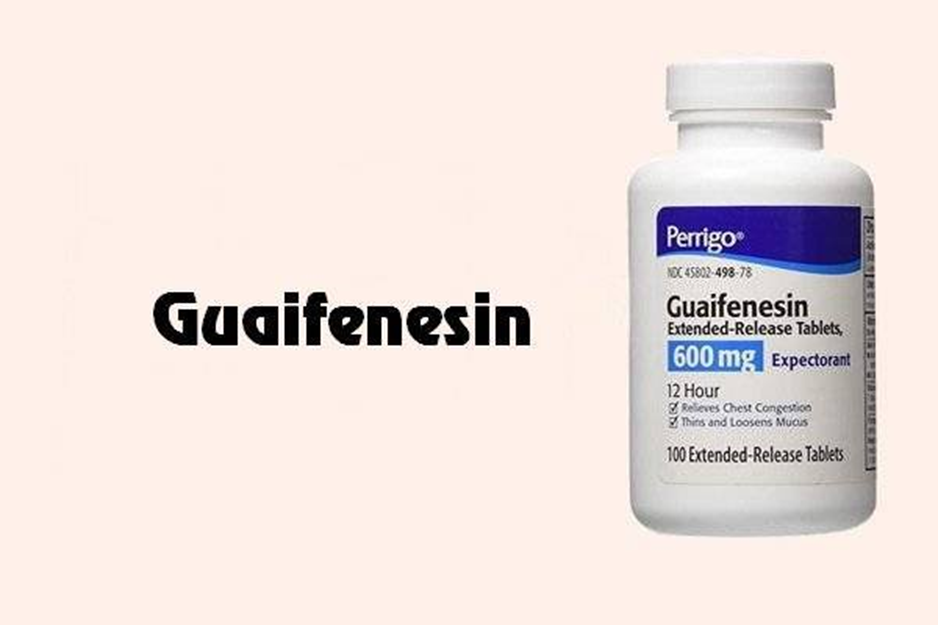A patient with a tracheostomy has difficulty removing excessive, thick mucus from the respiratory tract. The nurse expects that which drug will be ordered to aid in the removal of mucus?
Benzonatate
Guaifenesin
Diphenhydramine
Dextromethorphan
The Correct Answer is B
Choice A reason: Benzonatate is not the correct answer. Benzonatate is a cough suppressant that works by numbing the throat and lungs. It does not help in the removal of mucus.
Choice B reason: Guaifenesin is the correct answer. Guaifenesin is an expectorant that works by thinning and loosening the mucus in the airways. It helps in the removal of mucus by making it easier to cough up.

Choice C reason: Diphenhydramine is not the correct answer. Diphenhydramine is an antihistamine that works by blocking the effects of histamine, a chemical that causes allergy symptoms. It does not help in the removal of mucus.
Choice D reason: Dextromethorphan is not the correct answer. Dextromethorphan is a cough suppressant that works by affecting the signals in the brain that trigger the cough reflex. It does not help in the removal of mucus.
Nursing Test Bank
Naxlex Comprehensive Predictor Exams
Related Questions
Correct Answer is C
Explanation
Choice A reason: This is incorrect because nausea is not a common or serious adverse effect of estrogen therapy. However, the patient should take the estrogen with food or milk to prevent stomach upset.
Choice B reason: This is incorrect because triglycerides are not affected by estrogen therapy. However, the patient should monitor their cholesterol and blood pressure levels regularly and follow a healthy diet and exercise regimen.
Choice C reason: This is correct because smoking and estrogen therapy are both risk factors for thrombosis, which is the formation of blood clots in the blood vessels. The patient should stop smoking and report any signs of thrombosis, such as leg pain, swelling, redness, or warmth, to the provider.
Choice D reason: This is incorrect because bleeding during menstruation is not increased by estrogen therapy. However, the patient should report any abnormal vaginal bleeding, such as spotting, heavy bleeding, or prolonged bleeding, to the provider.
Correct Answer is B
Explanation
Choice A reason: This is incorrect because the nurse should inject air into the NPH insulin vial after injecting air into the regular insulin vial. This prevents contamination of the regular insulin with the NPH insulin.
Choice B reason: This is correct because the nurse should inject air into the regular insulin vial first, then into the NPH insulin vial, before withdrawing the regular insulin. This equalizes the pressure in the vials and facilitates the withdrawal of the insulin.
Choice C reason: This is incorrect because the nurse should not replace the needle for withdrawal with a safety needle. The same needle should be used for injecting air and withdrawing insulin from both vials.
Choice D reason: This is incorrect because the nurse should withdraw 10 units of insulin from the regular insulin vial after injecting air into both vials. This prevents mixing of the NPH insulin with the regular insulin in the vial.
Whether you are a student looking to ace your exams or a practicing nurse seeking to enhance your expertise , our nursing education contents will empower you with the confidence and competence to make a difference in the lives of patients and become a respected leader in the healthcare field.
Visit Naxlex, invest in your future and unlock endless possibilities with our unparalleled nursing education contents today
Report Wrong Answer on the Current Question
Do you disagree with the answer? If yes, what is your expected answer? Explain.
Kindly be descriptive with the issue you are facing.
